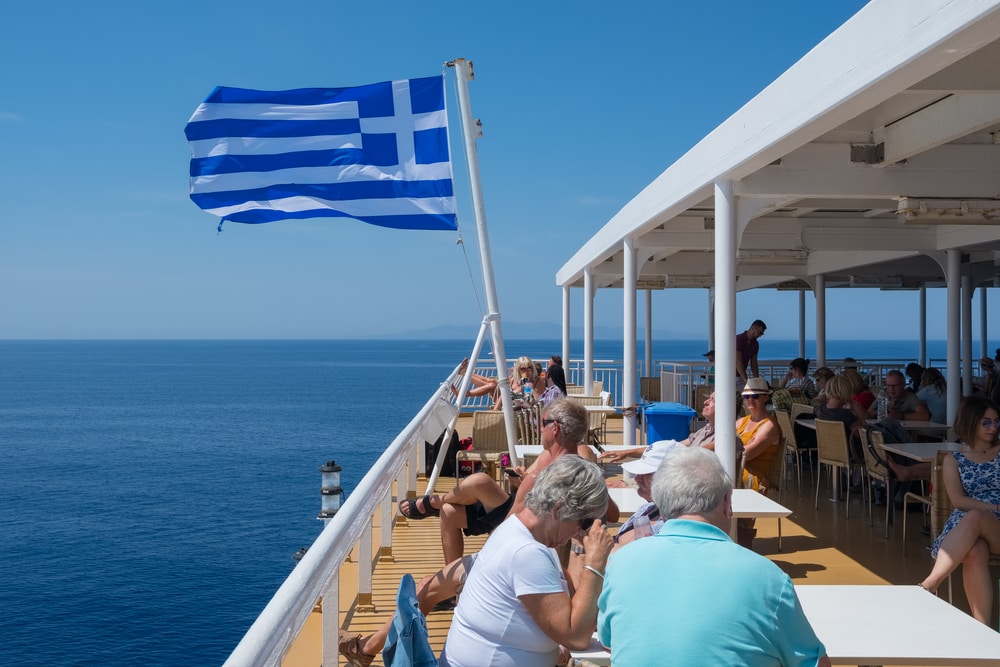Exploring the World Differently: A Guide to Conscious Travel

Travel has changed in an age when our environmental impact is more examined. Vacations are no longer just about relaxing and sightseeing. Modern tourists are more aware of their impact. This conscious travel movement embraces the idea that our excursions may be fulfilling and useful to the communities we visit.
The role of the traveler in conscious travel
Mindful travel has many responsibilities, raising questions like, “What is impact tourism?” The visiting mindset must give way to that of a responsible global citizen. Before making a travel reservation, conscientious tourists research the area’s customs, culture, and issues. This knowledge enables people to make considerate and helpful decisions, such as booking accommodations at locally owned hotels or volunteering in the neighborhood. With this method, traveling becomes a mutually beneficial experience in which the exchange benefits both the traveler and the host community. Travelers not only witness but also actively engage in preserving and celebrating local cultures and environments, further cultivating a deeper respect and connection.
Sustainable practices in conscious travel
Conscious travel prioritizes sustainability. This means choosing to protect the environment and sustain local communities. Travelers may use eco-friendly transportation, conserve, or eat at local restaurants. By doing so, they improve their trip and preserve the destination’s resources for future visitors. Additionally, this approach often leads to more authentic and enriching experiences as travelers connect more deeply with the local culture and natural surroundings.
Economic impacts of conscious travel
Conscious travel is economically important. It fosters fair economic exchange, where local stakeholders share tourism gains. This method can strengthen small companies and artisan communities, creating a more egalitarian economy. Travelers boost the local economy by buying local goods and services.
Cultural sensitivity and education
Cultural awareness is essential to responsible travel. This implies honoring the local customs and values. Be open-minded and embrace the variety of experiences and opinions travelers encounter. Conscious travel also educates travelers and communities. Cultural exchanges, language learning, and local traditions can accomplish this.
The future of travel: A conscious choice
The future of travel is made up of responsible tourists who positively impact every journey. This move toward more moral, responsible, and environmentally friendly travel signifies a profound change in our perception of and interactions with the world. This paradigm change is ushering in a new era of tourism where our planet’s and its inhabitants’ welfare is given equal weight to the traveler’s pleasure. This movement aims to promote a global awareness that emphasizes connection, respect, and mutual progress rather than travel. One voyage at a time, more people who travel responsibly can make the world better.
Conclusion
Conscious travel is a philosophy that balances exploring new places with making a difference. It challenges us to become global citizens rather than tourists. By practicing impact tourism, we can make the world more sustainable, equitable, and culturally rich. Let us explore our planet with understanding, respect, and responsibility.
